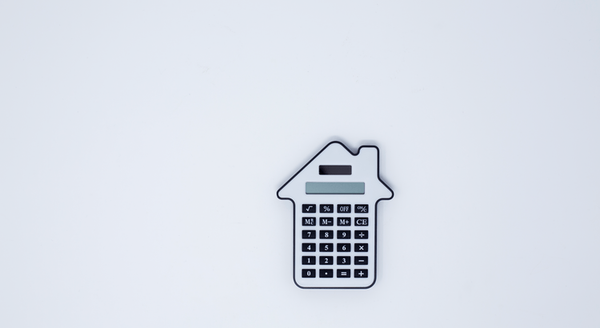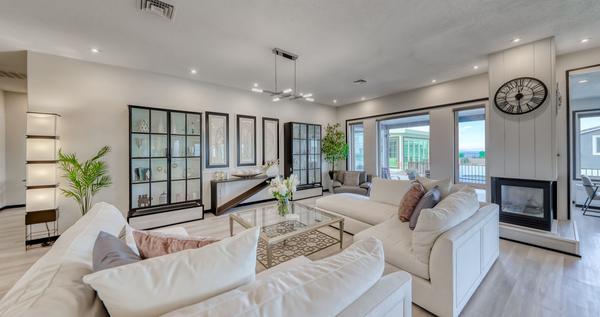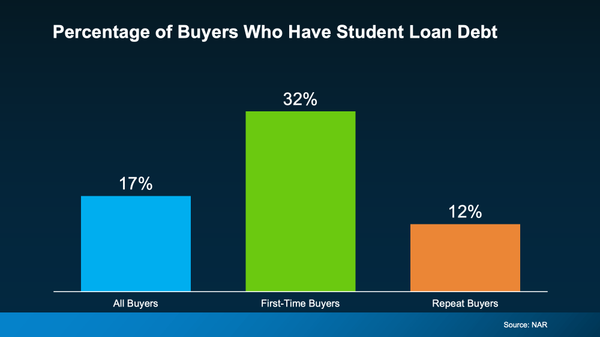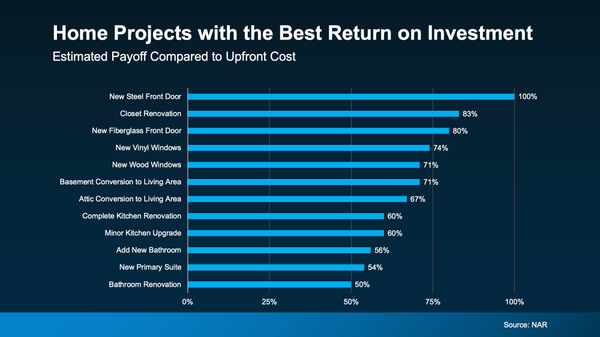
1st Quarter 2025 Las Vegas & Henderson Housing Market Update
Las Vegas & Henderson Housing Market Report • 1st Quarter, April 2025 AND THE SURVEY SAYS...We asked 11,000 people what they think is the #1 reason stopping home buyers from buying a home. Here’s what they said: Let's dive deeper into each of these stopping points. #1 Mor

Mortgage Approval Is Getting Easier — Here's What To Know
What You Should Know About Getting a Mortgage Today You know that voice in your head saying “You probably won’t qualify for a mortgage right now”? It might be time to give it the boot. Because here's the deal: getting approved for a mortgage is getting easier, especially if you’ve got your finan

Should You Wait for a Recession To Buy or Sell a Home?
Should You Wait for a Recession To Buy or Sell a Home? Here’s Why That Strategy Could Backfire. If you’ve been stalling your move while scanning headlines for the word “recession,” you’re not alone. Howeverm you might be reading the market all wrong. A recent survey by JBREC and Keeping Current Ma
Categories
Recent Posts










